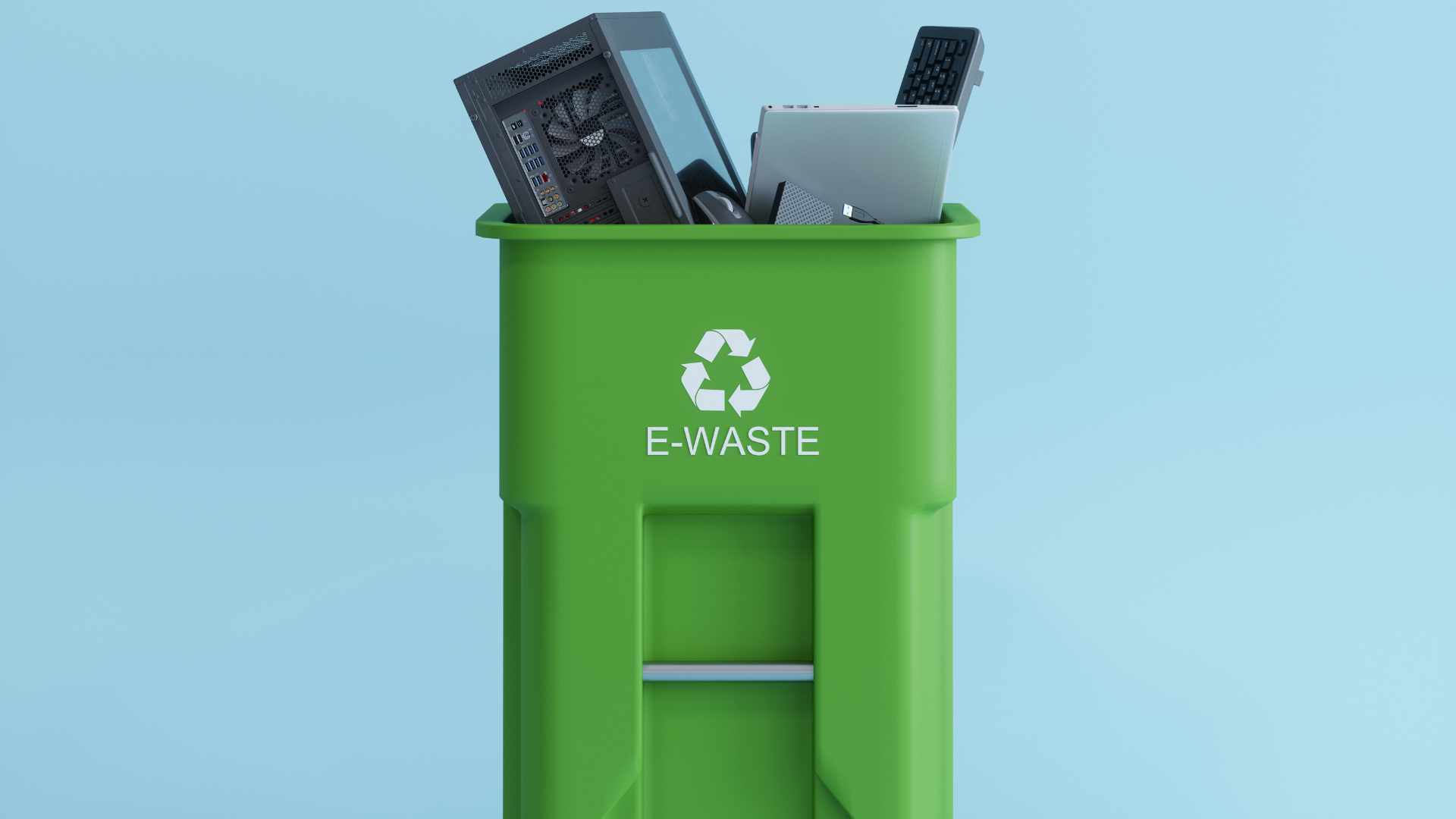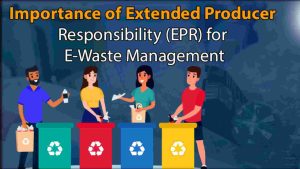![]()
DGFT Approval Process for E-waste Export
Exporting electronic waste (e-waste) requires compliance with stringent regulations to ensure environmentally sustainable practices. In India, the DGFT or Directorate General of Foreign Trade, plays a crucial role in regulating and facilitating e-waste exports. Navigating the DGFT approval process involves understanding and adhering to various guidelines to promote responsible e-waste management. Here are key considerations for successfully navigating the DGFT approval process for e-waste export.
Classification and Documentation
Before initiating the export process, it is essential to correctly classify the e-waste items according to the Harmonised System (HS) codes. Proper documentation must be prepared, including a detailed description of the e-waste, quantity, and value. This information is crucial for filing applications and ensuring compliance with international trade standards.
Basel Convention Compliance
The Basel Convention (BC) on the Control of Transboundary Movements of Hazardous Wastes (HWs) and their Disposal is a key international treaty addressing e-waste management. India is a party to the Basel Convention, and exporters must adhere to its guidelines. E-waste exporters should be aware of the restrictions and prohibitions outlined in the convention to avoid legal complications.
DGFT Registration
Exporters must be registered with the DGFT to engage in international trade activities. Obtaining an Importer-Exporter Code (IEC) is mandatory, and this code must be mentioned in all relevant documents. The IEC acts as a unique identification for the exporter and is a prerequisite for obtaining DGFT approvals.
Authorised E-waste Exporters
DGFT authorises specific entities to export e-waste. Exporters should ensure they are enlisted with the DGFT as approved e-waste exporters. This authorisation is subject to compliance with environmental and safety standards. Regular audits and adherence to prescribed guidelines are essential to maintain approval status.
Prior Informed Consent (PIC)
The PIC procedure is crucial when exporting e-waste. This involves obtaining consent from the importing country before the shipment proceeds. Both the exporter and importer must adhere to the PIC procedure to ensure transparency and accountability in e-waste transactions.
Environmentally Sound Management (ESM) Plan
DGFT requires exporters to submit an ESM plan outlining how the exported e-waste will be managed in an environmentally sustainable manner. This plan should detail the recycling or disposal methods employed to minimise the environmental impact. Approval from the relevant environmental authorities may be necessary.
BIS Certification
The Bureau of Indian Standards (BIS) provides certification for electronic goods, and certain e-waste items may require BIS certification before export. Ensuring compliance with BIS standards is vital to meet both national and international quality benchmarks.
Customs Clearance and Inspection
Customs clearance is an essential step in the export process. E-waste shipments may undergo inspection to verify compliance with documentation and environmental standards. Adhering to proper labelling and packaging guidelines is essential to expedite customs clearance.
Record-Keeping
Maintaining accurate records of e-waste exports is essential for future reference and audits. Documentation should include shipping details, approvals obtained, and any other relevant information. This practice ensures transparency and helps in resolving any disputes that may arise.
Continuous Compliance Monitoring
The e-waste export landscape is dynamic, with regulations evolving over time. Exporters must stay informed about any changes in DGFT guidelines, international agreements, or environmental regulations. Regularly updating processes and ensuring ongoing compliance is crucial for sustained success in e-waste exports.
Conclusion
Successfully navigating the DGFT approval process for e-waste export requires meticulous planning, adherence to regulations, and a commitment to environmentally responsible practices. By understanding and implementing the key considerations outlined above, exporters can contribute to global e-waste management efforts while ensuring legal compliance and sustainable business practices.





